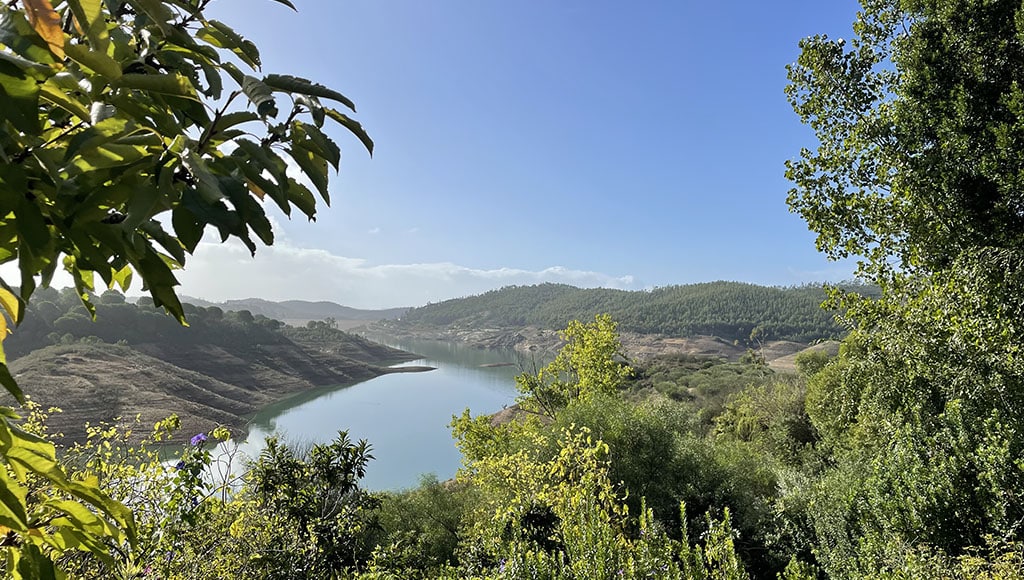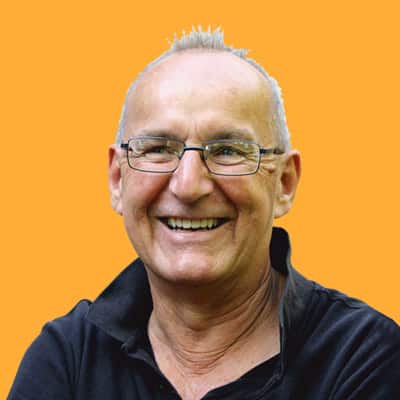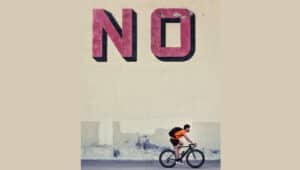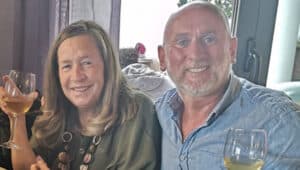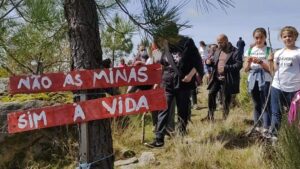Travel guides generally trot out the old standards that Portugal is ‘a favorite destination for those seeking sun, beaches, golf, reasonably priced food and drink’.
Tourists seeking these types of holidays are very well catered for, but increasing numbers now want something more – rural holidays with activity, connection and wellbeing, and they are prepared to pay for it.
Rural tourism in Portugal is popular. There are stalwarts who, like myself, get immeasurably bored sitting on a beach, however lovely the view, who are being tempted by eco-tourism, retreats, camping, themed holidays and stays in country homes. Portugal remains one of the safest places in the world and her interior regions are attractive options for visitors, new residents and property investors.
‘Property investors’ … to many, those words have a slightly sinister ring, but there’s no need to fear, ‘investors’ means me and you and tens of thousands of people spending money to create accommodation and to provide related services.

From the retired immigrant couple who spend their savings renovating a derelict farm building for short-term rental, to younger city entrepreneurs moving inland to establish multi-site rental businesses using their IT skills and social networks, many different types of people are investing in their own futures while also helping their communities.
The media and the government bang on about sustainability and prefixes ‘eco’ to innumerable nouns with little consideration, yet rural tourism is flourishing due to a shift in consumer behaviour and an increasing provision of products and services in tune with this changing market.
Portugal’s interior is well set to offer visitors the reality of connecting with nature while funding local economies and avoiding some uncomfortably vast hotels and resorts in the south.

The interior has outstanding landscapes, forests, water, trails, organic food, stone villages, river beaches, peace and quiet, which, by its very nature, is eco and sustainable – this is the way rural generations have always lived.
The Covid-19 pandemic was a shot in the arm for the rural tourism sector as people were forced to stop and assess, became keen to avoid other people and started to look for open spaces and fresh air. Many moved from cramped city dwellings to inland properties during the pandemic period and there was no rush to return when the economy got back to the new normal.
Supply and demand currently are out of sync, with many more people wanting to spend time enjoying inland areas than there is available accommodation. There is an inbuilt delay in converting old buildings, obtaining licenses for campsites and mobile home parks, but looking around the central region’s towns and villages, it’s happening now, with the sound of radios, disc grinders and cement mixers a common daytime backdrop in towns and villages.

Rural Properties bought two large buildings in Sertã’s historic zone at the end of January and, as work goes ahead there to create apartments, three more buildings in the same street now are being remodelled.
Property market behaviour is like a shoal; each individual fish making its own decision to change direction only to find that a hundred other fish have moved the same way at exactly the same moment.
Far from filling me with resentment or fear, the general upturn in private capital being used to renovate properties to provide more tourism accommodation reinforces the veracity of our decision-making processes. It’s the chicken and egg metaphor writ large in bricks and mortar; the more the availability, the more people will come and the more demand, the more the availability.

Councils and tourism boards play their part, but it’s individuals and SMEs that are taking the financial risk at grass roots level, making the effort to create and promote sustainable tourism, from solar-powered lodges, country town AL rentals and organic farm experiences to zero-energy properties and no-waste living.
Then there’s the ‘wellness’ market, for years dismissed as new age, beads-in-the-hair nonsense, but rapidly becoming mainstream. Many retreats now offer yoga, spa treatments, and nature therapy sessions, capitalising on picturesque surroundings for those looking for a deeper connection with nature and a break from fast-paced urban life and paying well for the privilege.
There is also an increase in the other type of investor; international buyers and companies are starting to purchase farmhouses and estates, turning them into boutique hotels and holiday rentals. The lower cost of properties in rural areas must be balanced against the income potential, but people are paying well for the good life, so many properties are attractive investments with high yields as long as the renovation process is on time and on budget.

The government’s Portugal 2030 programme is doing its bit by channelling EU funds towards sustainable tourism projects with capital grants and low-interest bank loans. This financial shot in the arm is a lifeline for many of Portugal’s large private properties that have become uneconomic to run as homes and require significant funds to restore and repurpose.
As the south provides for its five million tourists a year, those involved in rural development carry on calmly, with purpose, vision and higher yields.

